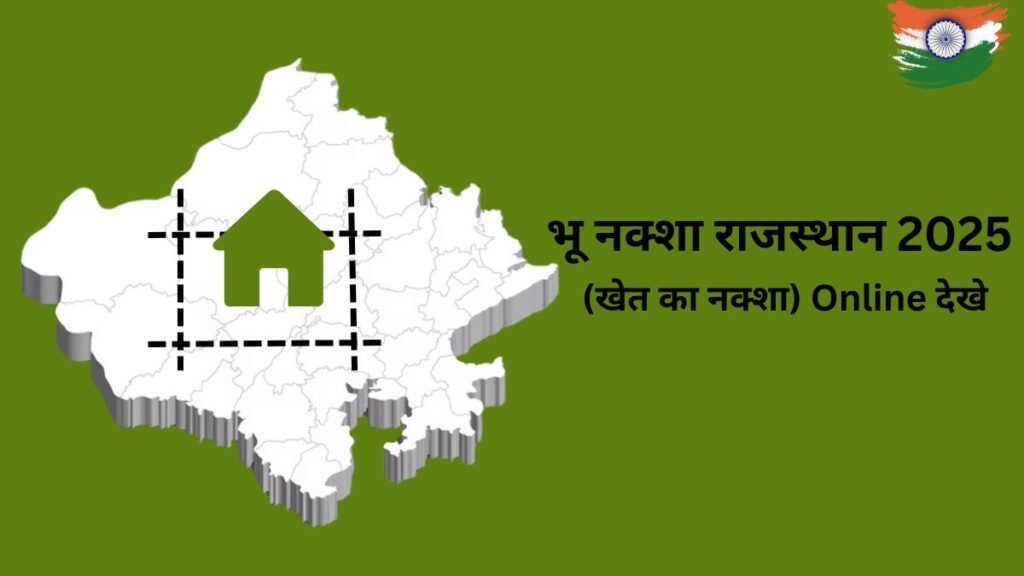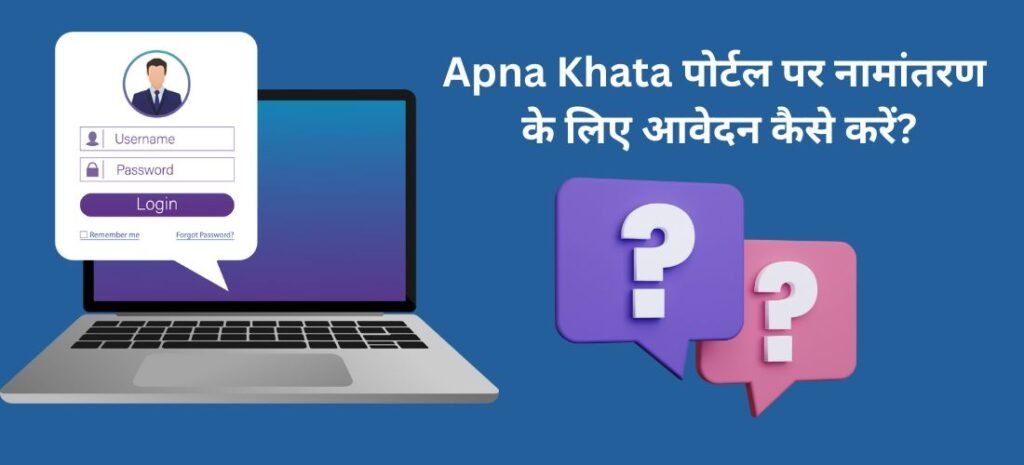You don’t always need big decisions to feel present. Sometimes, the small, intentional ones give the day structure. A cup of coffee, a few quiet minutes, and a simple choice — like who might score first — becomes more than just passing the time. It becomes attention, focus, and rhythm.
A Break From Overthinking
Modern life is full of noise. Multiple tabs are open, constant updates, and schedules are shifting. Decisions surround us — most of them rushed, many of them forgettable. That’s why some people turn to light prediction: not for the win, but for the pause.
It’s not about intense analysis. It’s about stepping out of the scroll, looking at something happening now, and thinking clearly for 30 seconds. Who’s playing well? What’s changing? What do I feel?
This small break resets the pace and gives structure to downtime. And that’s something a lot of people quietly want—moments of clarity inside messy days.
Prediction becomes not stress but stillness. It is a chance to think about something outside your inbox or to-do list. One tap, one idea, one breath.
A good platform makes that pause easier. It doesn’t demand time — it gives it back. Explore here if you want to try one built around that calm clarity.
No Rush, Just Rhythm
Unlike constant alerts and pushy ads, thoughtful prediction platforms give you space. There’s no urgency unless you want it. You can watch, wait, think. You act when something feels right — not when a banner flashes red.
This rhythm is valuable. It mirrors how we work best—focused in short bursts, relaxed in between. Predicting the next point, goal, or shift in play becomes a micro-decision that rewards presence, not pressure.
That rhythm is personal. For some, it’s a few picks across the week. For others, it is a habit during certain games. What matters is that you decide the tempo — and that the platform respects it.
The less a system shouts, the more users hear themselves. When prediction is calm, it becomes sustainable. It is not addictive, not overwhelming, just part of your day.
Your Attention Gets Smarter
There’s a nice side effect of prediction that has nothing to do with outcome: it improves how you see. Once you start thinking about possible outcomes, your attention sharpens. You notice patterns. You become more aware.
It’s like looking at a familiar street after someone points out a detail you never saw. You’re not just watching. You’re reading, interpreting, and thinking forward.
Over time, this creates a quiet kind of confidence. You start noticing small things earlier. You understand tempo shifts, pressure patterns, and even player energy.
That doesn’t mean every call is right. But it means every call teaches you something. And when a platform is designed for learning, not just reacting — the experience feels more rewarding.
Enjoying The Game In Your Own Way
You don’t need to be loud or all-in to enjoy prediction. Some people place one pick and go back to cooking. Others track stats while watching on mute. The beauty is that it fits into your life — not the other way around.
There’s no “correct” level of involvement. The point is to feel good while doing it. To notice you’re focused. To enjoy that you’re participating in something real-time, in your own way.
The best systems give you flexibility. Whether you’re following your favorite team closely or checking scores between tasks, they keep the interaction clean and easy. You act on what you notice. You let it go when you don’t.
And that lightness is rare online — an activity that doesn’t pull you out of your life but complements it.
Conclusion: Small Acts, Clearer Days
You don’t need long sessions or bold decisions to feel connected. Sometimes, one small prediction — made calmly, with full attention — is enough to ground you. It brings clarity, focus, and a sense of rhythm that lingers after the screen is off.
Prediction becomes less about outcomes and more about how you show up at the moment: present, curious, and quietly confident.
When the platform gives you the freedom to engage that way—without pressure or noise—it becomes a tool not just for the game but also for your own balance.


